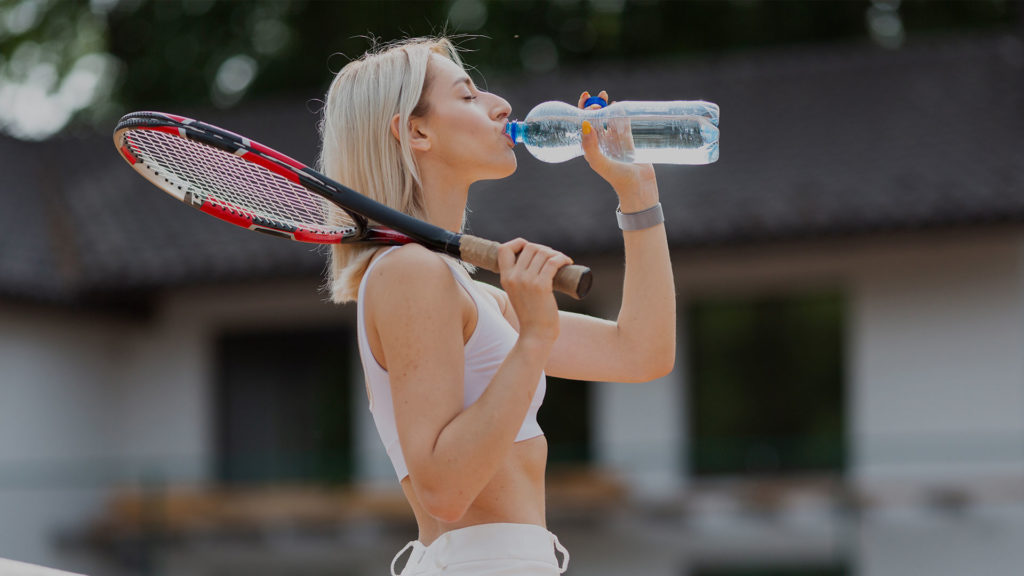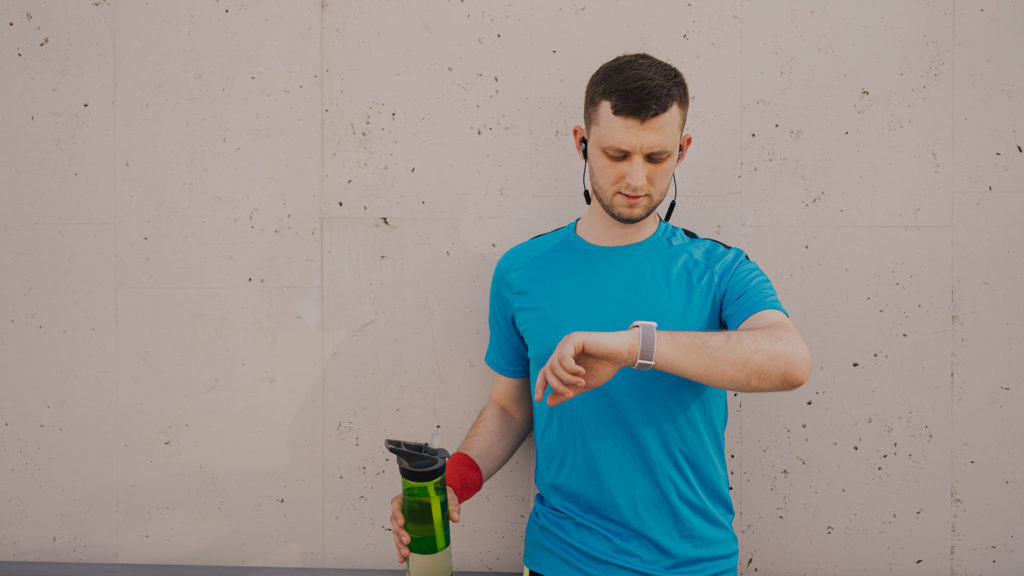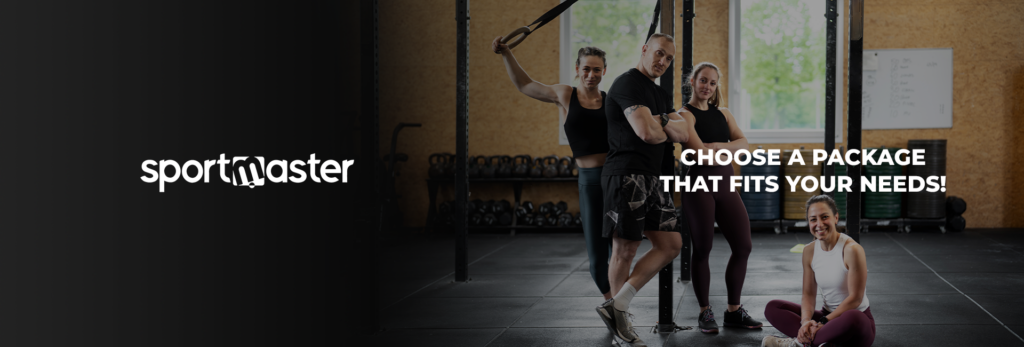Summer, sun, and warm temperatures—your mood is at its peak, and you’re filled with energy. Nothing can keep you indoors anymore. However, if you’re engaging in sports during the summer heat, it’s essential to follow some important tips to prevent exhaustion.
Stay hydrated

Drinking plenty of water is crucial. With increased sweating, your body loses more water and minerals than usual. This can be unhealthy and cause physical discomfort, making your training more challenging. Dehydration can significantly decrease your performance. During summer, make sure to drink water regularly throughout the day, not just when you feel thirsty. Take small sips during your training sessions. We recommend consuming 0.4-0.8 liters of fluids per hour during intense summer training.
Time your workouts wisely

Early birds have an advantage in the summer. The air is relatively cool and fresh in the early morning, making it an ideal time for exercise. If you’re not a morning person, it’s best to schedule your workouts for the late evening hours.
Never engage in outdoor running or exercise when temperatures are at their peak and the sun is strongest. This can result in circulation issues and increases the risk of heatstroke.
Choose the right sport for you
Avoid engaging in highly strenuous exercises like intense weight training or HIIT when temperatures are very high. However, if you still want to push your limits during the summer, there are plenty of cool alternatives!
Here are some outdoor sports activities that can inspire you:
Swimming, tennis, yoga, pilates? They’re all enjoyable, and who knows, you might discover your new favorite sport that brings you one step closer to your goals.
Keep in mind that regular exercise doesn’t guarantee an instantly sculpted body. Progress happens when you step outside your comfort zone. So, be open to trying something new and don’t give up!
Slow down
During the peak of summer, we often feel less efficient compared to the cooler seasons. This is not only due to the pleasant weather but also because of how our bodies react to the heat. To keep your body temperature low, your cardiovascular system has to work harder. In such conditions, it’s important to reduce the intensity of your workouts and not push your body to its limits. Taking sufficient breaks ensures that your body has enough time to recover. When it’s hot, adjust your breaks and take longer ones. Use this time to hydrate, take deep breaths, or simply sit still for a few minutes. Remember, it’s better to take an extra break than to take too few. Afterward, you can resume your activities with renewed energy.
Warm up
Cold starts are always risky. Even in summer, it’s essential to prioritize the warm-up phase before each training session. Although the outside temperature doesn’t directly affect the muscles, it’s important not to skip the warm-up, even when it’s 30+ degrees Celsius outside. Our advice is to dedicate 10 minutes to stretching before every workout, regardless of the weather.
Proper nutrition

Minerals, salts (electrolytes), and vitamins that are lost through sweat can be replenished not only through isotonic drinks but also through food. Fruits, vegetables, wholemeal bread, and fish are particularly suitable for meals on summer days. Fresh produce, which has the highest vitamin content, is the best choice. Even if you don’t feel very hungry in high temperatures, skipping meals is not an option, especially if you want to build or maintain muscle during the summer months. Instead, try to have several small and light meals throughout the day that won’t weigh you down.
Wear appropriate gear
When engaging in sports, it’s important to wear lightweight, cotton clothing that can effectively wick away sweat from your skin. Opt for a short-sleeved T-shirt and shorts, as they make an ideal combination.
Extreme heat precautions
No matter how much you enjoy outdoor workouts, there’s no need to subject your body to excessive heat. Consider training at your favorite gym or studio and reserve outdoor activities for leisure and relaxation. Training in air-conditioned spaces not only helps regulate the temperature but also eliminates the need for sunscreen, sunglasses, and hats. Additionally, it reduces stress on your cardiovascular system.
Weather should not be an excuse
With Sportmaster, there are no more weather-related excuses! Adapt your training to your needs and goals rather than the prevailing weather conditions. Whether it’s sunny, rainy, or thunderous, stay committed to your fitness routine and make the necessary adjustments.

